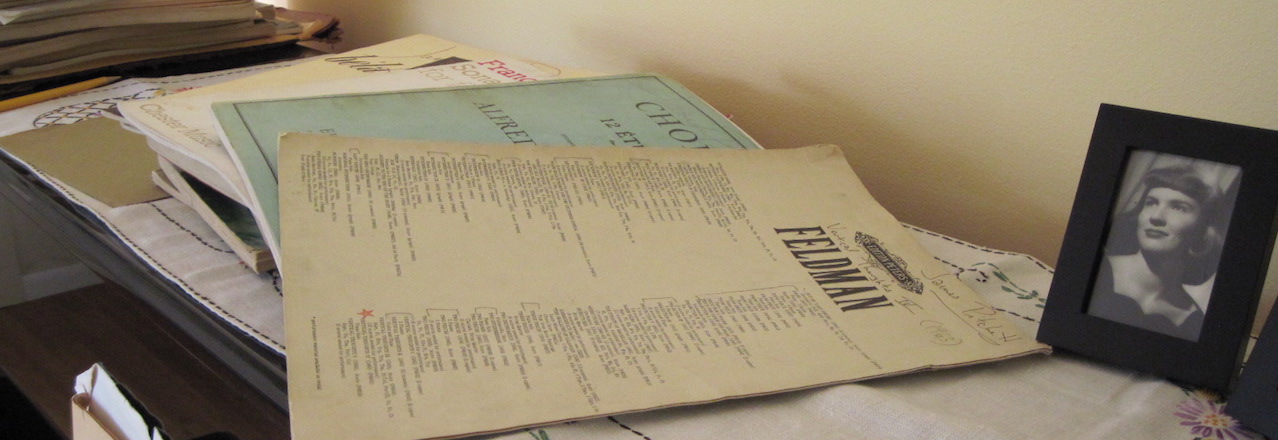[This text was written for a booklet accompanying a performance in Potenza, Italy of John Cage’s A dip in the lake. The piece was done as a recording, based on field recordings made at 427 locations in and around Potenza.]
“At the very least, it was an excuse for us to wander around the area we lived in and explore some places we were not familiar with and re-examine some places we knew quite well.” (Robert Pleshar, on creating his recording of A dip in the lake)
The first thing I did after Stefano Zorzanello told me about this performance of John Cage’s A dip in the lake was to look up Potenza on Google Maps. The second thing I did was to see if the city is on a lake, but found that Potenza is on a mountain: the closest lake is several kilometers away. So the title of the piece may seem strange.
The piece was originally written for performance in Chicago, so the lake in question is Lake Michigan, one of the Great Lakes of North America. In English, a “dip in the lake” would mean to go for a short swim, perhaps to cool off on a hot day. To take a quick dip in the lake is a way to refresh and energize yourself.
In much the same way, Cage’s music is a way of refreshing and energizing ourselves. What Cage insists upon is that we drop our habits and listen with a mind that is open and free. And what do we hear? We hear what is present at that moment with curiosity and, perhaps, delight.
After hearing music by Cage, it is like exiting a movie theater: the world seems more vividly itself. Then you don’t need recordings and you don’t need a list of 427 place names. You don’t need a map. You don’t even need to go anywhere. This music is right next to you, all the time, invisible, waiting to be revealed.
Griggstown, 7 December 2012
